Cookie Cutter: Overkill Edition is a loud, stylish Metroidvania with a punk rock edge. The game, developed by Subcult Joint LTD and published by Rogue Games, initially pulled me in with its unique story premise and early combat encounters. Unfortunately, after about 10 hours with the Nintendo Switch version, the game left me feeling more frustrated than exhilarated.
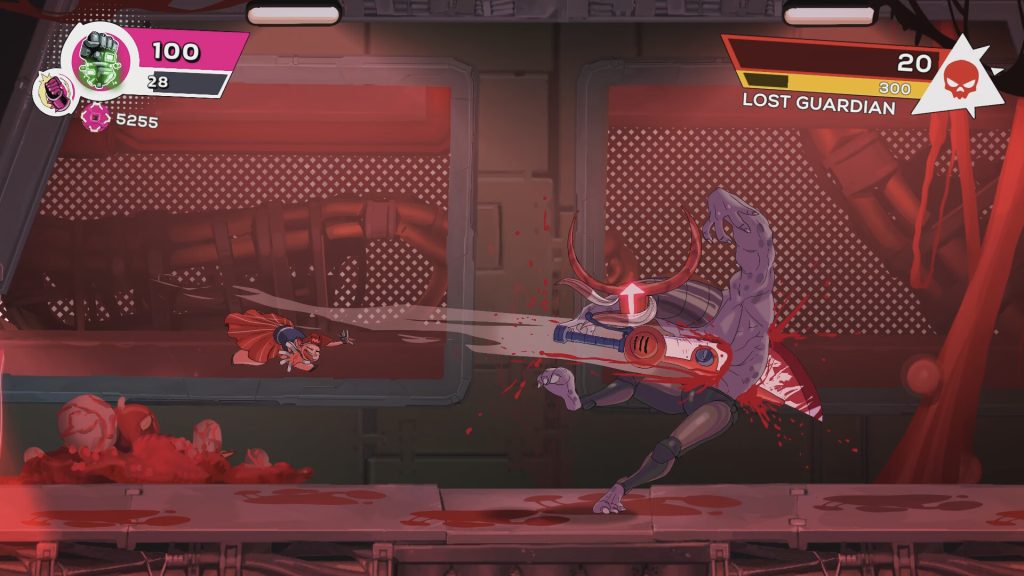
The Big Bang
Cookie Cutter opens with a wild premise: The universe springs from a state of nothingness called the Void; matter forms, megastructures are built, and then, as if out of nowhere, massive conglomerates appear and fill the space. One of them, the ominous InfoNet, kidnaps the scientist Shinji and seemingly kills her creation, the cyborg Cherry, in the process. It’s a familiar cyberpunk setup, hitting all the classic tropes of dystopian mega-corporations, revenge, rebellion, and tragic romance.
While Cookie Cutter’s storytelling is ambitious, the final result leaves much to be desired. The narrative jumps quickly through time (from the creation of matter to the cyberpunk world of today) and fails to fill in the gaps. Even by the end, I was left with more questions than answers. It felt like the game, especially its ending, was more interested in setting up the next installment than finishing the story it started.
The fragmented nature of Cookie Cutter’s narrative also extended to its characters. Perhaps the most promising dynamic was the prospect of a queer romance between Cherry and Shinji. Ultimately, however, their relationship wasn’t fleshed out nearly enough for me to feel particularly attached.
There are, however, moments of genuine heart. The scattered data terminals you find—like a professor writing anguished logs to a loved one—help flesh out the world in more personal ways. You’ll also meet side characters who provide some welcome charm, humor, and emotional lessons for Cherry. Sadly, their roles and lines are lacking, making the world feel relatively empty.
The voice acting is similarly mixed: Cherry’s performance and a few others are raw and passionate, but uneven dialogue delivery often holds these characters back.
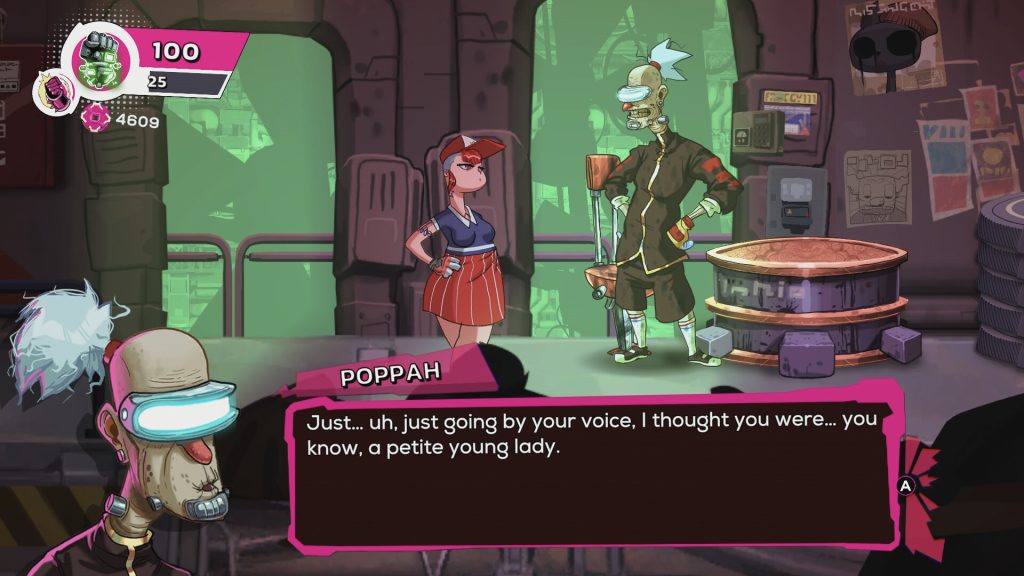
Death Metal
Players assume the role of Cherry, a special cyborg with an advanced consciousness. Your first moments with Cherry are brutal, as you slowly, desperately use her wrecked body to crawl toward Shinji, only to lose consciousness.
Somehow, Cherry survives the InfoNet ordeal and returns as a very different cyborg: an amnesiac with a punk-rock attitude, aided by the mechanic Raz (who looks suspiciously like MC Ride from Death Grips) and your AI companion Regina. It’s here that Cookie Cutter throws you into its combat-heavy world.
At first, the action feels promising. Cherry’s moves are fast and snappy, and the animations have a satisfying weight to them. You start with the “gauntlet”—a hard-hitting special weapon that consumes Void Energy. Void Energy powers your special weapon attacks but can also be burned to heal, giving battles a risk-reward layer. As you progress through the story, you earn additional special weapons, giving way to new flashy abilities.
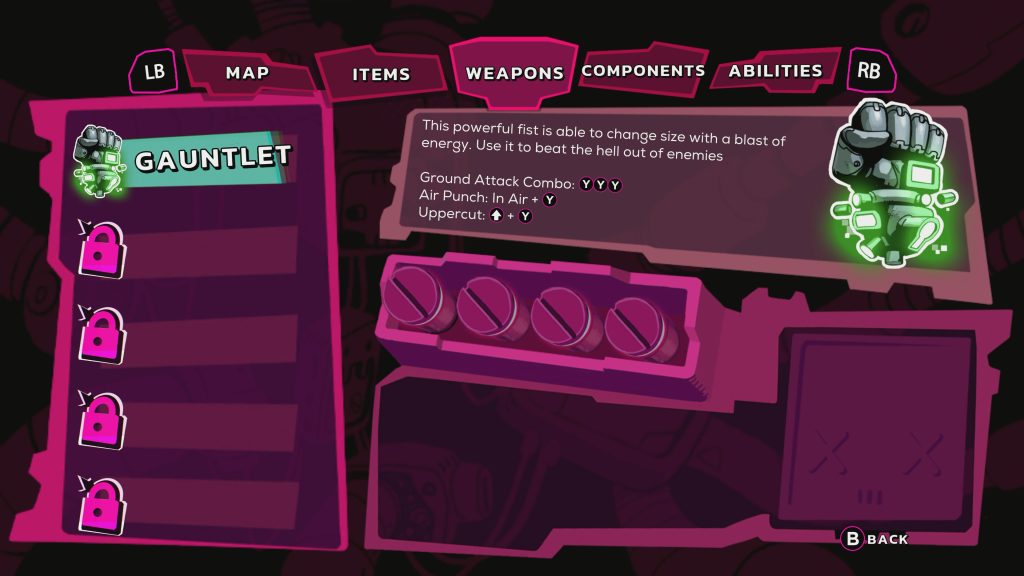
Combat abilities and upgrades—like summoning a giant Battletoads-inspired fist to pummel your enemies or unleashing fireballs—add spice to your kit, and slick finisher animations reward aggressive play by giving you back more Void Energy. Unfortunately, some of these animations are a little too fast, and I wasn’t quite able to make out what was happening.
The longer you play Cookie Cutter, the more cracks start to appear. Despite being quick and responsive, combat grows stale fast. There aren’t enough special weapons or enemy types to keep fights feeling fresh, and I ended up relying on the same ground-to-air combos repeatedly.
The parry system is also particularly finicky: It demands strict timing, and even the game seems to admit it’s unnecessary. (During the game’s tutorial, Regina emphasizes that parries are difficult to use and completely optional.) Instead of feeling like a skill to master, parrying is a button you’ll likely ignore after a few clumsy attempts, despite rewarding major damage.
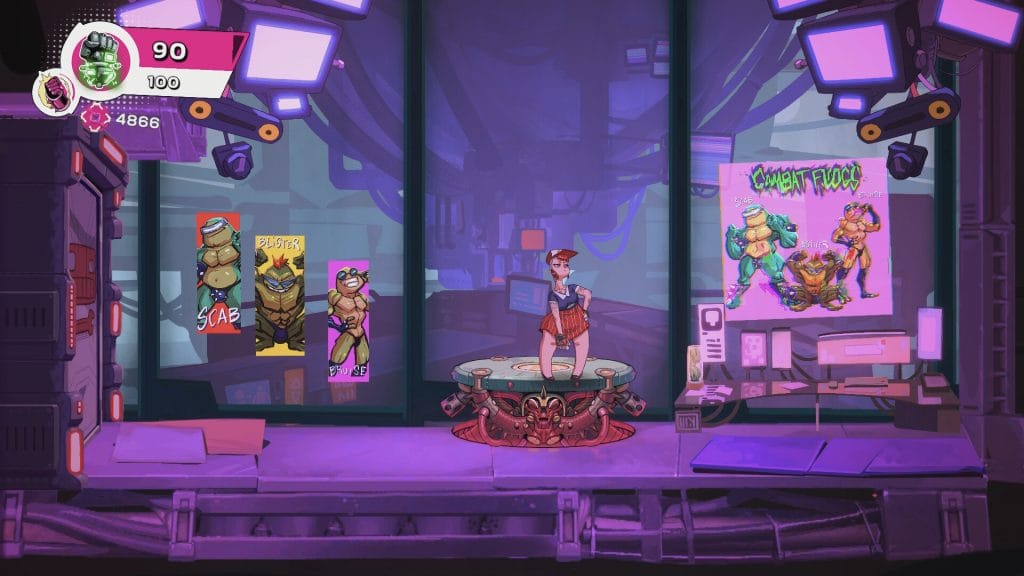
A Vapid World
Exploration, too, feels rote. Cookie Cutter follows the Metroidvania blueprint almost to the letter—interconnected maps, new abilities that open new paths, a double jump (thankfully unlocked early)—but without much personality or flair.
The level design is bland and overly spaced out, and some backgrounds on Switch looked particularly low-resolution, making the environments feel lifeless. Worse, it often felt like I was wandering through endless variations of the same factory level, which quickly wore out its welcome.
The puzzles and platforming sections are more frustrating than they are creative. Enemy placement occasionally felt frustrating, and some enemies hit insanely hard out of nowhere. This ultimately creates a combat experience that doesn’t feel particularly challenging or rewarding—just cheap.
There are some attempts to shake things up: brutal finishers, customizable perks through equippable components, and stylish teleporter hubs where you can tweak your build. But even these additions can’t hide the fact that Cookie Cutter doesn’t offer much that stands out in a genre packed with modern classics.
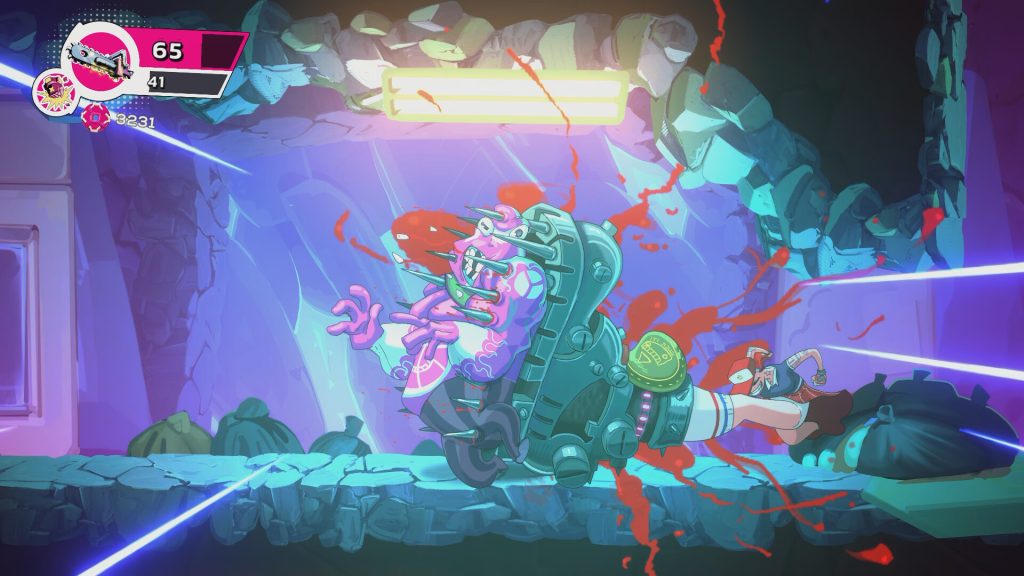
Final Thoughts
I respect Subcult Joint’s ambition, and there’s definite heart and energy behind Cookie Cutter. But passion doesn’t always result in captivating gameplay, and at a time when great Metroidvanias are everywhere, the bar for quality is only getting higher. Next to the cream of the crop, Cookie Cutter feels like a rebellious copy more than a true breakout.
Score: 6.0/10
Cookie Cutter, developed by Subcult Joint LTD and published by Rogue Games, is available now on PC, PlayStation 5, Xbox Series X/S, and Nintendo Switch. MSRP: $19.99. Version reviewed: Nintendo Switch.
Donovan is a lifelong gamer with a love for fast-paced, single-player action games—especially Devil May Cry, Metroidvanias, indies, and action RPGs. He’s also an “advanced scrub” at fighting games and will play just about anything fun. Donovan is passionate about seeing more diverse characters and creators in the industry—or at least better hair options for Black people. With over a decade in journalism, he joined The Punished Backlog in 2023 to write more about what he loves. Follow him on Twitter and Instagram @dono_harrell.


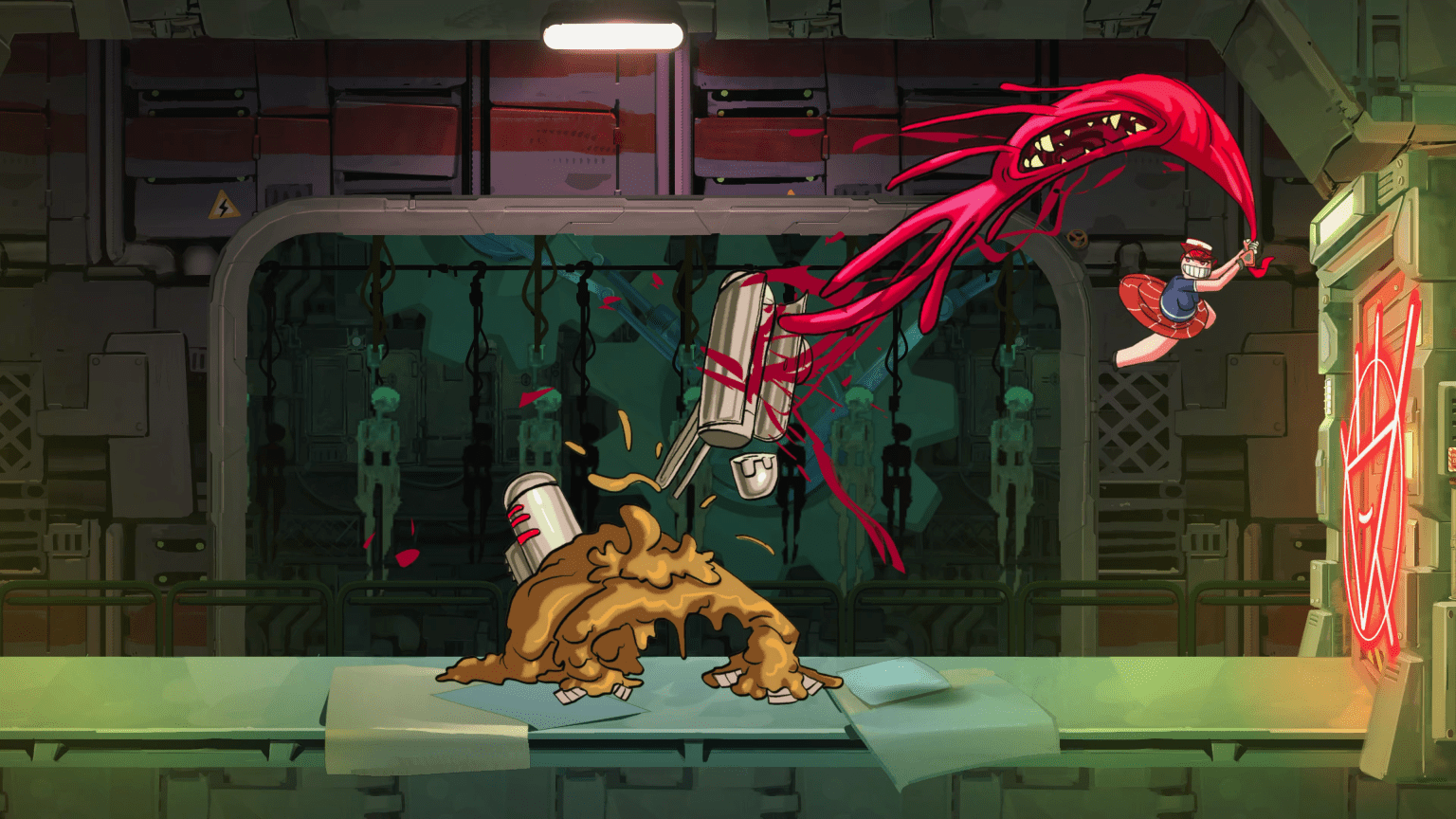






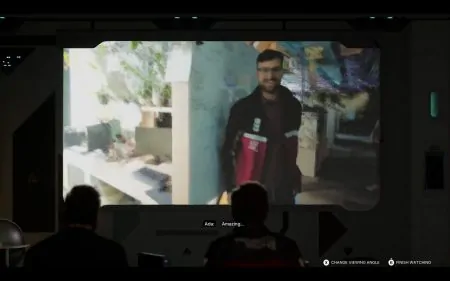

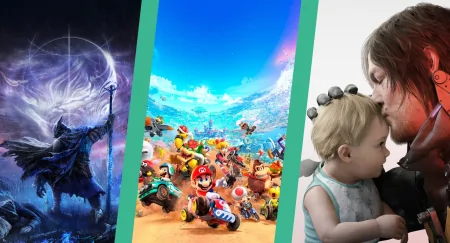

what a shitty review Donovan, my man
How unprofessional must you be to have a hissy fit over a review? You don’t think I googled your name and immediately found you’re the game’s director?
Take the feedback in stride, my man.